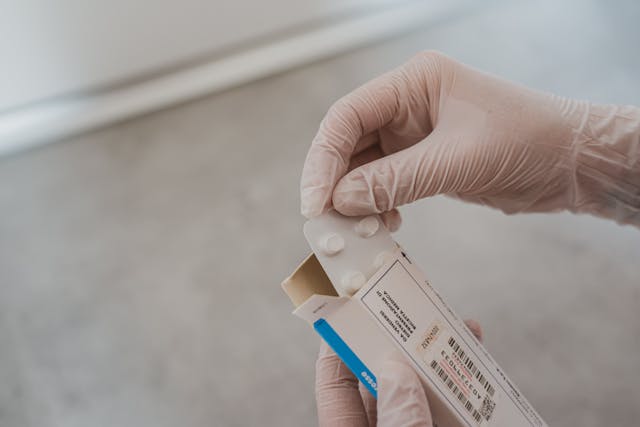Automation Transforming Clinical Packaging Processes
Automation is revolutionizing the clinical packaging industry, enhancing efficiency, accuracy, and compliance with stringent regulatory standards. As the demand for faster and more reliable packaging solutions grows, automation is helping companies streamline operations while ensuring patient safety and product integrity.
One of the most significant advancements in automation is the use of robotic systems in packaging lines. These robots handle various tasks such as filling, labeling, and sealing with unmatched precision. Unlike manual processes, robotic automation eliminates human errors, ensuring consistency in packaging, which is crucial for clinical trials where uniformity and sterility are essential.
Another emerging technology is the digital twin—a virtual replica of a physical packaging process. This innovation allows manufacturers to simulate, monitor, and optimize production lines in real time. By analyzing digital twin data, companies can predict potential issues, reduce downtime, and improve overall efficiency. Paired with Artificial Intelligence (AI), these systems can detect defects early, ensuring that only high-quality, compliant products reach the market.
Automation also plays a vital role in serialization and track-and-trace capabilities. With increasing regulatory requirements for transparency and drug safety, automated systems help ensure every package is labeled correctly and recorded in a database for easy tracking. This reduces the risk of counterfeit drugs entering the supply chain and enhances patient safety.
Additionally, automated packaging inspection using machine vision technology is becoming more prevalent. These systems use high-resolution cameras and AI algorithms to detect imperfections in packaging, such as incorrect labeling, leaks, or misalignments. This level of precision reduces waste, improves compliance, and ensures that every product meets regulatory standards.
Beyond accuracy and compliance, automation significantly boosts speed and scalability. Traditional manual packaging processes are labor-intensive and prone to delays, while automated systems can operate 24/7 with minimal supervision. This rapid production capability is especially critical in clinical trials, where delays in drug distribution can impact study timelines and patient outcomes.
Furthermore, the integration of smart packaging solutions with automation enhances the overall supply chain. RFID tags and IoT-enabled tracking systems work seamlessly with automated packaging lines, providing real-time data on inventory levels, shipping status, and storage conditions.
As the clinical packaging industry continues to evolve, automation is proving to be a game-changer. Companies that invest in these technologies will not only improve efficiency and compliance but also gain a competitive edge in an increasingly regulated and fast-paced market.




Comments
Post a Comment